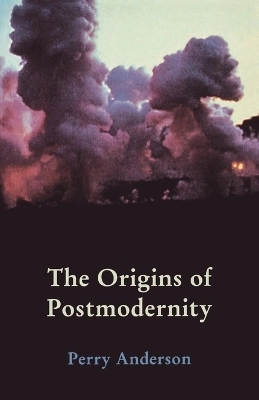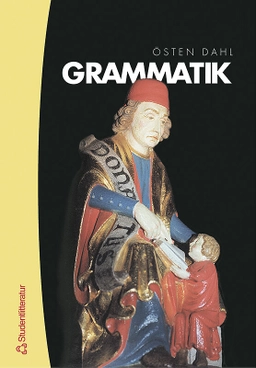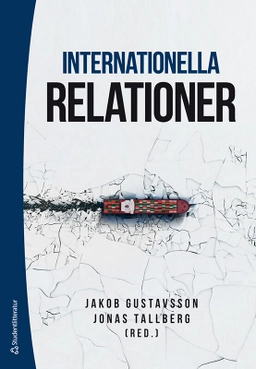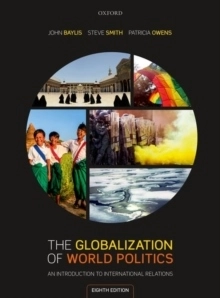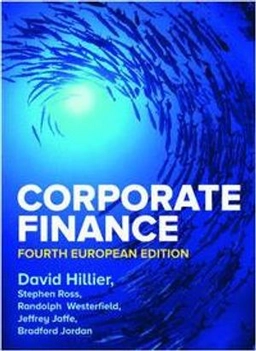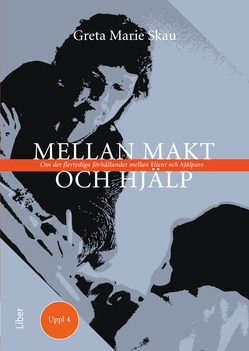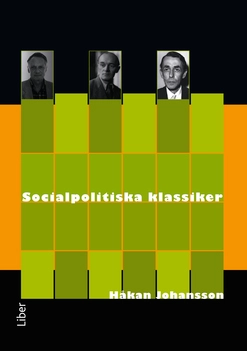Trenchant and panoramic, The Origins of Postmodernity traces the genesis, consolidation and consequences of the notion of the postmodern. Beginning its exhilarating intellectual tour in the Hispanic world of the 1930s, it follows the changes in the meanings and usage of the concept through to the late 1970s, when its adoption by Jean-Francois Lyotard and Jurgen Habermas first gave the idea of postmodernism wider currency. Central attention then falls on Fredric Jameson, whose work today represents the most outstanding general theory of the postmodern. Reconstructing the intellectual and political background of Jameson's interpretation of the present, The Origins of Postmodernity looks at its after-effects in the debates of the 1990s. Anderson enriches his much-cited analysis of modernism by placing postmodernism in the force field of a declasse bourgeoisie, the growth of mediatized technology and the historic global defeat of the left symbolized by the end of the Cold War.Rigorously pursuing his interpretation of postmodernism as the cultural logic of a multinational capitalism "complacent beyond precedent," Anderson ends with a set of historical reflections on the fading of modernism, shifts in the system of the arts, the rise of the spectacular, debates on the "end of art," and on the fate of politics in the postmodern world.
Åtkomstkoder och digitalt tilläggsmaterial garanteras inte med begagnade böcker
